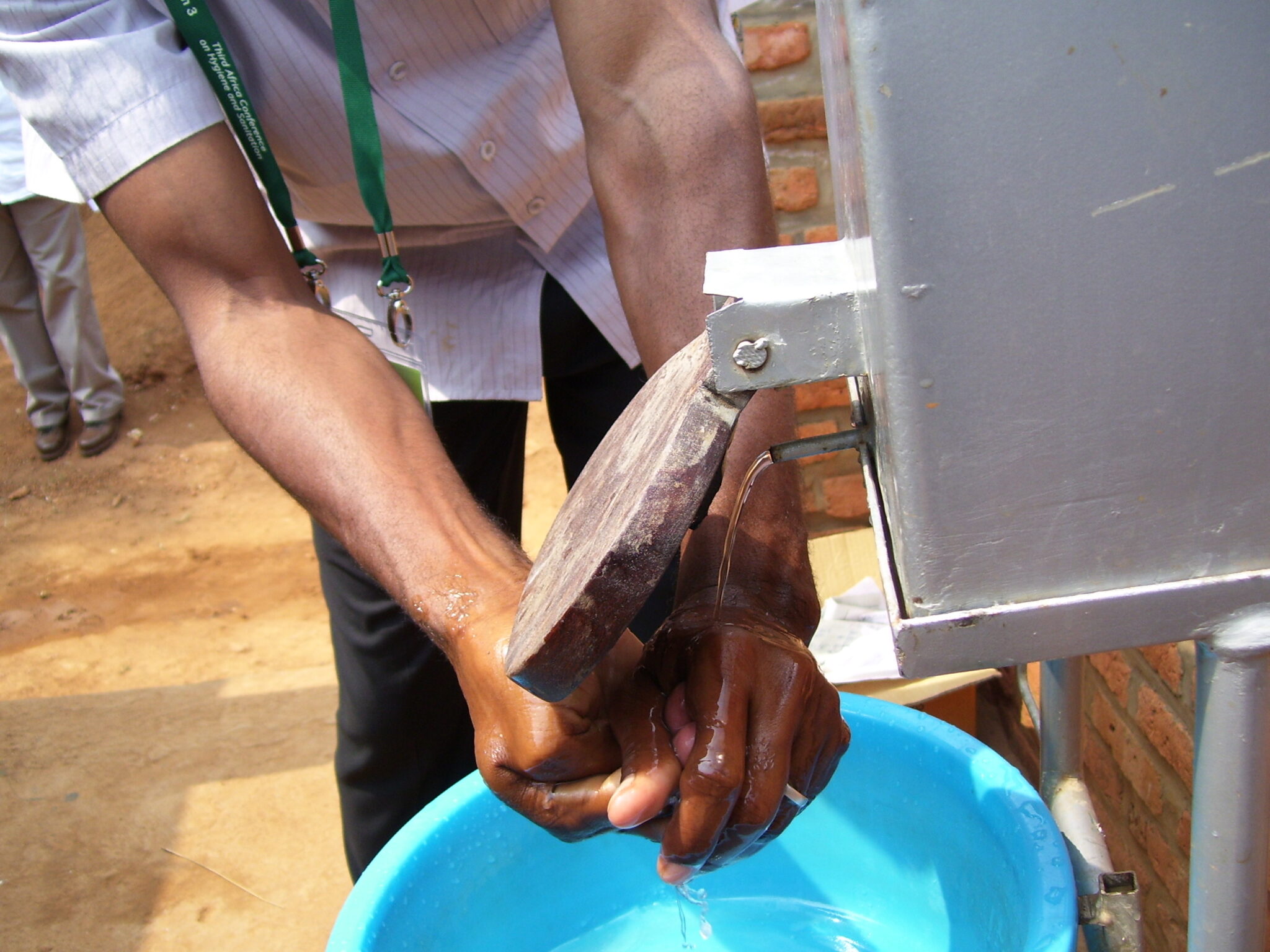WASH Benefits Study

Wikimedia Commons
In low-income countries, enteric infections are common among infants and contribute to long-term impairment of health and development. This study answered two pressing questions in development economics regarding improvements in child health and sanitation: (1) Does combining improved water quality, sanitation, and handwashing (WASH) yield greater impacts than the sum of each intervention’s impact, and (2) Does growing up in an environment with widespread fecal contamination hinder children’s ability to absorb and retain nutrients. Researchers conducted large randomized evaluations to compare the separate and combined effects of improved drinking water, sanitation, handwashing, and nutrition in rural Bangladesh and Kenya. 13,500 newborn children were observed in the study, with outcomes measured at 12 and 24 months after the intervention. Researchers found that in Bangladesh, sanitation and handwashing reduced diarrhea and yielded improvements in cognitive development such as motor and social skills attainment. In Kenya, however, no impact was found for the WASH interventions on diarrhea. The nutrition intervention led to similar improvements in child growth to what has been observed in past studies in both countries. Importantly, there was no evidence that combining WASH and nutrition interventions would yield larger benefits than implementing them separately. This landmark study provides important evidence to inform ongoing dialogue about whether WASH and nutrition interventions should be delivered separately or together. Findings suggest that combined delivery does not necessarily yield greater health benefits in the first two years of life, which may have large policy implications.

